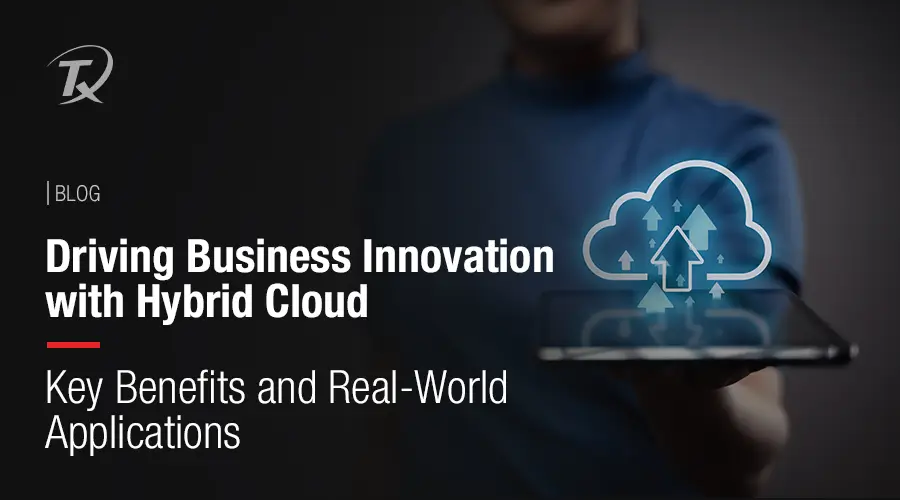
Hybrid POS Systems: The Perfect Balance of Local and Cloud Capabilities
Understanding Hybrid POS Systems ?
Hybrid POS systems represent the best of both worlds, combining the reliability and speed of local processing with the flexibility and accessibility of cloud solutions. This approach has become increasingly popular as businesses seek to balance performance with modern features.
Why Hybrid POS Systems Matter ?
In today's retail environment, businesses need both local and cloud capabilities to:
- Ensure uninterrupted operations
- Maintain fast transaction processing
- Access data from anywhere
- Scale operations efficiently
- Protect against data loss
Real-World Scenarios and Solutions ?
1. Restaurant Chain with Multiple Locations ?️
Challenge: A restaurant chain needs to process orders quickly while maintaining centralized management.
Solution: Hybrid POS system with:
- Local order processing for speed
- Cloud-based menu management
- Real-time inventory sync
- Centralized reporting
- Offline capability during internet issues
2. Retail Store with High Transaction Volume ?️
Challenge: A busy retail store needs fast checkout while maintaining inventory accuracy.
Solution: Hybrid POS system featuring:
- Local transaction processing
- Cloud-based inventory updates
- Real-time stock level monitoring
- Automated reordering
- Backup data storage
3. Pop-up Shop with Limited Internet ?
Challenge: A temporary retail location needs reliable POS functionality with limited connectivity.
Solution: Hybrid POS system providing:
- Offline transaction processing
- Local data storage
- Cloud sync when available
- Mobile POS capabilities
- Quick setup and tear-down
Key Components of Hybrid POS Systems ⚙️
1. Local Processing Unit ?
Essential local components include:
- Transaction processing
- Basic inventory management
- Receipt printing
- Cash drawer control
- Local data storage
2. Cloud Integration ☁️
Cloud-based features provide:
- Centralized management
- Advanced analytics
- Remote access
- Data backup
- System updates
3. Synchronization System ?
Sync capabilities ensure:
- Real-time data updates
- Conflict resolution
- Data consistency
- Backup and recovery
- Version control
Implementation Strategies ?
1. Initial Setup Process
- Assess business requirements
- Choose appropriate hardware
- Configure local system
- Set up cloud integration
- Test synchronization
- Train staff
2. Data Management
Effective data handling includes:
- Local data caching
- Cloud backup scheduling
- Conflict resolution rules
- Data validation
- Recovery procedures
Common Challenges and Solutions ⚠️
1. Internet Connectivity Issues
Challenge: Unreliable internet connection
Solution:
- Robust offline mode
- Local data storage
- Automatic sync when online
- Connection monitoring
- Backup connectivity options
2. Data Synchronization
Challenge: Keeping local and cloud data in sync
Solution:
- Real-time sync protocols
- Conflict resolution systems
- Data validation checks
- Version control
- Audit trails
Best Practices for Hybrid POS Success ?
Maximize your hybrid POS system with these practices:
- Regular system maintenance
- Staff training programs
- Backup procedures
- Performance monitoring
- Security protocols
- Update management
Future of Hybrid POS Systems ?
Emerging trends include:
- Advanced AI integration
- Enhanced mobile capabilities
- Improved offline features
- Better security measures
- Advanced analytics
Choosing the Right Hybrid POS Solution ?
Consider these factors:
- Business size and type
- Transaction volume
- Internet reliability
- Budget constraints
- Support requirements
Conclusion: The Best of Both Worlds ?
Hybrid POS systems offer:
- Reliable local processing
- Cloud flexibility
- Offline capabilities
- Scalable solutions
- Modern features
Ready to implement a hybrid POS system that combines the best of local and cloud capabilities? Our team at Set Softwares can help you select and implement the right solution for your specific needs. Let's optimize your point-of-sale operations together! ?


